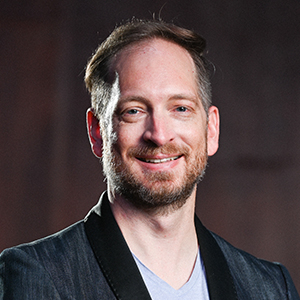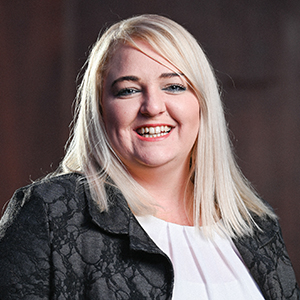
The nature and contents of the Music Theory modules — which include those modules called Music Notation — are different for the three undergraduate study programmes. What unifies these different modules is a focus on enabling students to function in authentic contexts that arise when real musicians are involved with real music. The modules focus on skills, and all are structured in such a way that Music Theory supports other disciplines. It is in the BMus programme that the focus is gradually shifted in the last two years towards Music Theory as a more independent discipline in order to prepare students for further work in Musicology.
In the Diploma in Music programme the focus falls on ‘developing our musicianship’ through interaction that takes the musical actions of active listening, performing and improvisation/composition as foundations. Students learn from their own experiences of music and movement, and build concepts based upon their aural understanding of real compositions, through musical actions. This is where music rudiments are learned. Different ways of notating music are used only to support musical actions — they are means-whereby and never ends. We emphasize the development of communication skills, and of the didactics of teaching music rudiments in various South African contexts. We try to work with Dalcroze-inspired activities in all three years, and students design and realise a few real real-world projects. We are proud of the multicultural world that we are creating in these classes!
BA Music & Society students work in ways that will be familiar to Diploma students — they also experience Dalcroze-inspired teaching and learning. The activities in their classes do, however, give more prominence to symbols, and work on more conceptual levels and through more integrated activities. In the first two years we revise rudiments and build on this knowledge. In the third year our students focus on more advanced theory and start experimenting with their own compositions. In this programme aural training forms part of the teaching learning process and we explore different ways in which we understand by listening and through this develop our musicianship.
For students in the BMus programme the menu is quite varied. In the first year we start by developing our basic skills — exploring concepts through musical actions of active listening, performing and improvising/composing. In the second year, students receive teaching that is more like that in standard theory classes: harmony exercises, writing counterpoint, studying musical forms, and so on. They are, however, expected to learn to apply their skills in assignments that are linked to their activities as performers and educators. In the third year, the focus falls on the deepening of skills in the manipulation of the material of tones, and of understanding musical structures, while the menu in the fourth year includes the study of theories such as Set Theory and Schenkerian Analysis. In all four years students are expected to write pastiche works: preludes and inventions in the first year, chorale preludes in the second year, character pieces for piano and fugues in the third year, and various short compositions that demonstrate composition techniques in the fourth year.
For further information about Music Notation & Music Theory at the School of Music, please contact Dr Catrien Wentink.



